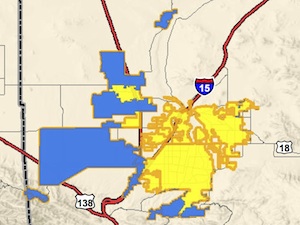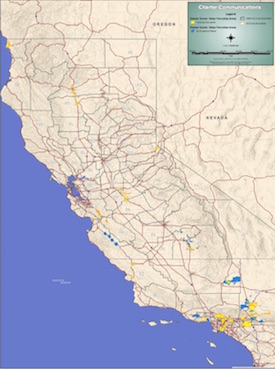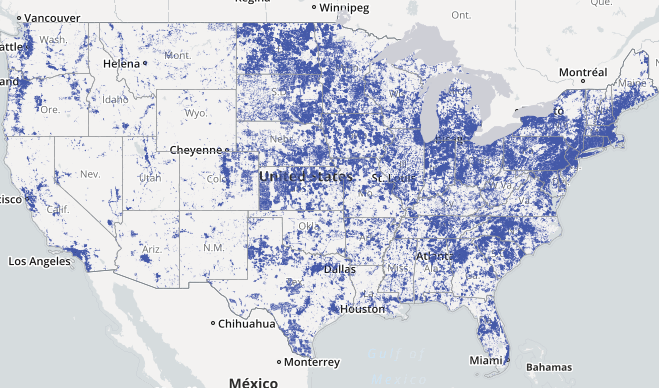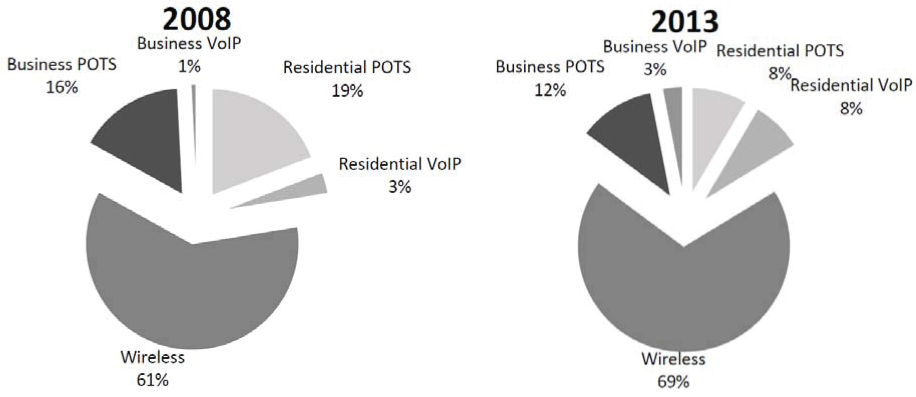Local control over wireless permits, CPUC management on the table as California legislature returns
The California legislature is back from its summer vacation today. Four weeks are left in the floor schedule: both houses are supposed to wrap up debate and voting for the year by 11 September 2015. Several bills with implications for telecommunications policy are still in the mix, including…
- Assembly bill 57 – requires local agencies to meet federal “shot clock” requirements for processing permit applications for cell sites and other wireless broadband projects.
- Assembly bill 806 – allows the installation of antennae and wireless nodes on overhead utility lines, more or less without local approval.


![By Damon J. Moritz [Public domain], via Wikimedia Commons](https://www.tellusventure.com/images/2015/8/tackle.jpg)



![By CercleCM (Own work) [CC BY-SA 3.0 (https://creativecommons.org/licenses/by-sa/3.0) or GFDL (https://www.gnu.org/copyleft/fdl.html)], via Wikimedia Commons](https://www.tellusventure.com/images/2015/3/back_room.jpg)


![By Thomas Good (Own work) [CC BY-SA 3.0 (https://creativecommons.org/licenses/by-sa/3.0) or GFDL (https://www.gnu.org/copyleft/fdl.html)], via Wikimedia Commons](https://www.tellusventure.com/images/2015/7/cwa_bullhorn.jpg)
![By Bull-Doser (Own work.) [Public domain], via Wikimedia Commons](https://www.tellusventure.com/images/2015/7/directv_van.jpg)